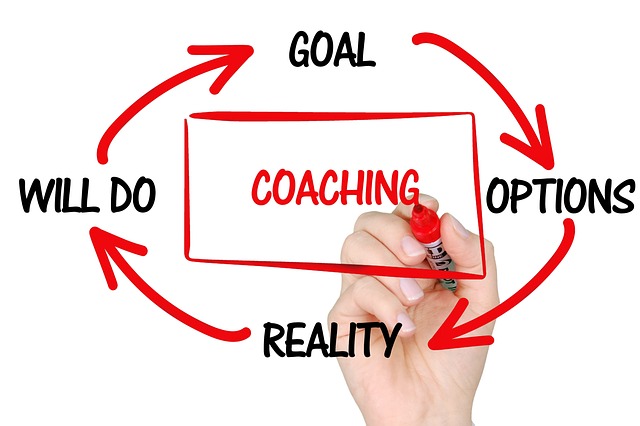
Executive coaches play a crucial role in the development of leaders across various industries. As trusted advisors and mentors, they provide personalized guidance and support to executives, helping them unlock their full potential and achieve their professional goals.
One of the primary roles of executive coaches is to facilitate self-awareness and growth in leaders. Through insightful questioning, active listening, and feedback, coaches help executives gain clarity on their strengths, weaknesses, and areas for improvement. By shining a light on blind spots and challenging limiting beliefs, coaches empower leaders to develop a deeper understanding of themselves and their leadership style.
In addition to fostering self-awareness, executive coaches assist leaders in setting and achieving meaningful goals. Whether it’s advancing to a higher leadership position, improving communication skills, or navigating organizational challenges, coaches work collaboratively with executives to identify actionable steps and create a roadmap for success. By providing accountability and support along the way, coaches help leaders stay focused and motivated as they work towards their objectives.
Furthermore, executive coaches serve as sounding boards for leaders facing complex decisions or dilemmas. By offering an outside perspective and asking probing questions, coaches help executives explore different perspectives, weigh the pros and cons of various options, and make informed decisions aligned with their values and goals. This process of reflection and exploration enables leaders to approach challenges with greater clarity and confidence.
Another key role of executive coaches is to support leaders in building effective relationships and fostering a positive organizational culture. Whether it’s managing conflict, building trust, or inspiring and motivating teams, coaches provide strategies and tools to help executives navigate interpersonal dynamics and lead with authenticity and integrity. By cultivating strong relationships and creating a supportive work environment, leaders can drive employee engagement, retention, and organizational performance.
In summary, executive coaches play a multifaceted role in leadership development, providing guidance, support, and accountability to help executives reach their full potential. By fostering self-awareness, setting and achieving goals, facilitating decision-making, and promoting effective relationships, coaches empower leaders to excel in their roles and drive positive change within their organizations. Through the partnership between executive coaches and leaders, organizations can cultivate a culture of continuous learning and growth, ultimately leading to enhanced performance and success.
